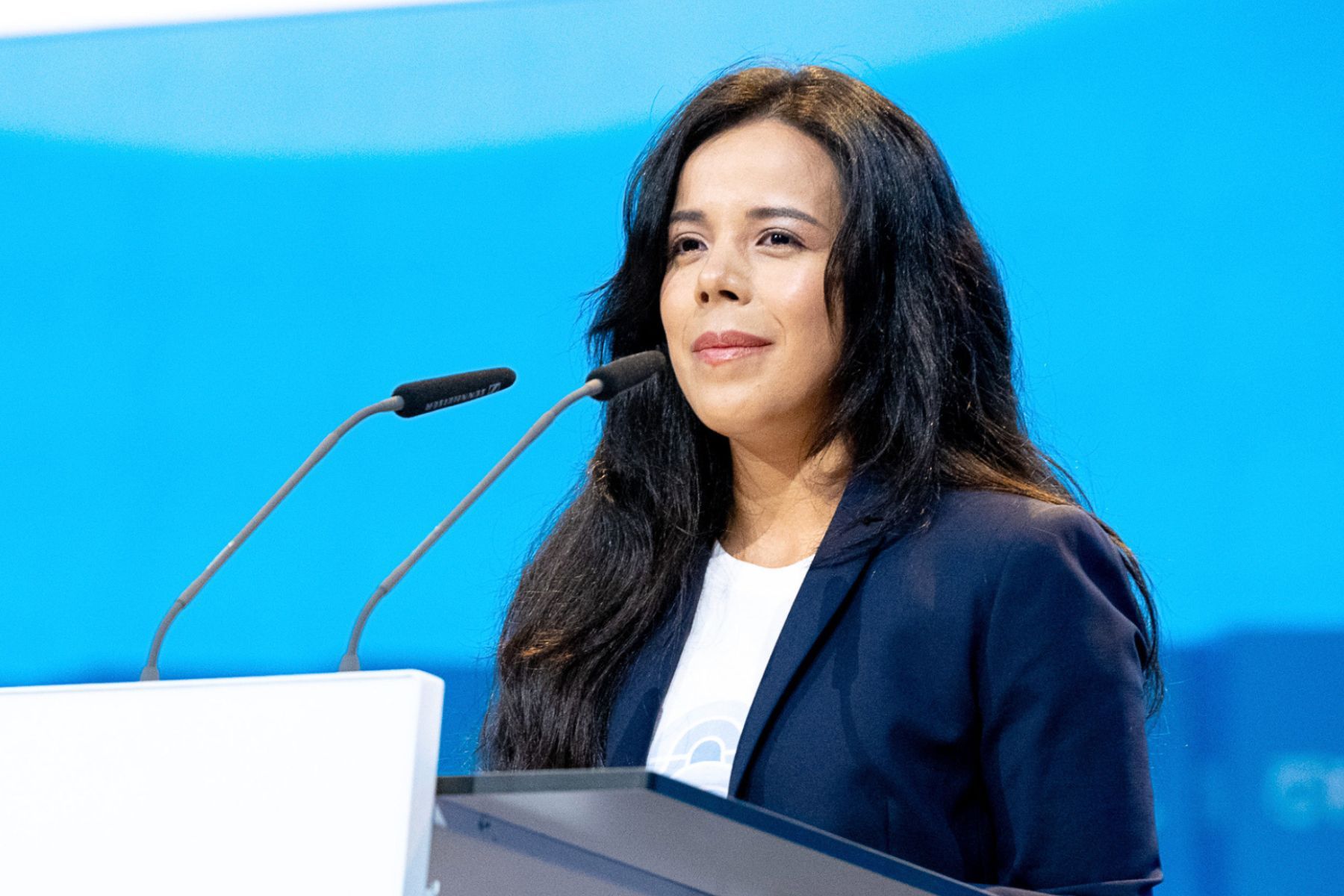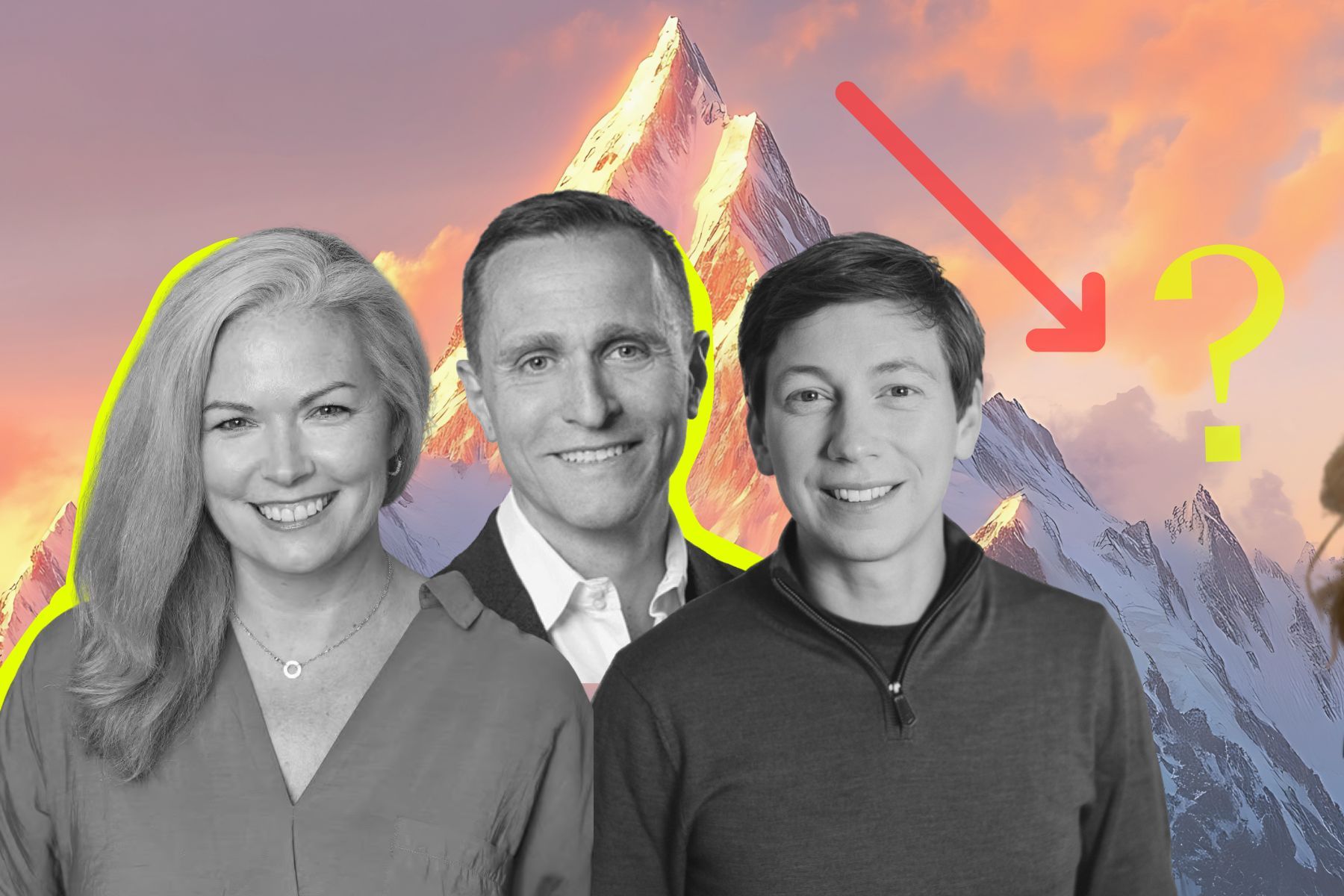Exclusive: Top ocean entrepreneur calls for ‘full ban’ on deep sea mining
In an interview with Impact Loop, a leading voice in the blue economy has called for a global ban on deep-sea mining, warning that the nascent industry risks “irreversible damage” to marine ecosystems.<br><br>The remarks come amid mounting pressure on regulators to finalise rules that could open the ocean floor to mining – spurred by a recent executive order from the Trump administration.
.png)

The rush to mine the seabed is heating up, as nations including the US and China look to shore-up supplies of the critical minerals used in everything from batteries to smartphones.
But standing in the way of commercial deep-sea mining are hoards of world leaders, policymakers, scientists, conservation groups – and Daniela Fernandez.
“The ultimate goal must be a full ban on deep-sea mining,” Fernandez, founder of the Sustainable Ocean Alliance (SOA), tells Impact Loop.
“Any industrial machinery entering that environment – no matter how green or non-disruptive they claim to be – will cause irreversible and uncontainable damage to species, habitats, and carbon cycles that sustain planetary stability,” she says.
Fernandez founded SOA in 2014, building a 7,000-strong network of blue economy investors and founders and a venture arm, Seabird Ventures. She recently left to launch Velamar, billed as the world’s first asset manager focused on the blue economy. The entrepreneur has long advocated for a halt to deep-sea mining – and is far from alone.
Intense opposition
Forty countries, including the UK, Germany, and Sweden, have signed a moratorium on deep-sea mining. These nations are urging the UN’s International Seabed Authority (ISA), which is responsible for issuing permits for deep-sea mining in international waters, to halt any requests to harvest minerals from the seafloor until more scientific research and environmental safeguards are in place.
Currently, deep-sea mining isn't practised commercially anywhere in the world. However, ISA has approved 30 contracts for exploration involving 22 countries and covering more than 1.3 million square kilometers of the seabed.
Fernandez says she thinks a moratorium needs to be signed as soon as possible to prevent further exploration, which critics argue could lead to full-scale extraction.
“It buys us the crucial time needed to gather more scientific evidence, political will, and technological innovation to scale sustainable alternatives such as recycling and circular battery supply chains that do not jeopardise the ocean’s health,” she says.
‘Immense pressure’
She also believes the moratorium is the correct step for the ISA, which she says is under “immense pressure” to open up commercial deep-sea mining.
Most deep-sea mining plans hinge on ISA because it is the only body currently empowered to regulate mineral extraction in international waters, where the richest deposits lie.
“A moratorium [would] allow the ISA to restore credibility, strengthen environmental oversight, and ensure that any future decisions are grounded in independent science rather than commercial urgency,” says Fernandez.
However, some companies may be able to bypass ISA entirely, thanks to an executive order signed by US President Donald Trump in April to fast-track deep-sea mining.
Deep sea gold rush?
Canadian-based startup The Metals Company, one of frontrunners in deep-sea mining tech, recently sidelined ISA by applying for permits to mine the seabed directly with the US National Oceanic and Atmospheric Administration (NOAA). Critics worry the move could set a precedent for other companies and potentially weaken international standards.
Both the US and China are actively exploring deep-sea mining in the Pacific. Last year, Norway voted to pass a bill to allow deep-sea mining which was later blocked by the country’s socialist party, which threatened to not support the Nordic countries budget if the plans went ahead.
In Europe, several startups have emerged to tap this potentially lucrative opportunity, including Norway’s Adepth and Sweden’s Scandinavian Ocean Minerals, which use everything from giant vacuum-cleaner-like devices to ocean robots to collect the minerals off the seabed.
The ISA was expected to finalise regulations for commercial mining by July 2025, but the council failed to reach a consensus. Negotiations are now set to resume at meetings in 2026.
Get full access to Europe's new platform for impact news
- Quality journalism, interviews, investor profiles and deep-dives
- Daily newsletter with top stories, latest funding rounds and roundup to keep you in the loop
Keep reading – get in the loop!
- Håll dig i loopen med vårt dagliga nyhetsbrev (gratis!)
- Full tillgång till daglig kvalitetsjournalistik med allt du behöver veta inom impact
- Affärsnätverk för entreprenörer och investerare med månatliga meetups
Fortsätt läsa – kom in i loopen!
- Håll dig i loopen med vårt dagliga nyhetsbrev (gratis)!
- Full tillgång till daglig kvalitetsjournalistik med allt du behöver veta inom impact
- Affärsnätverk för entreprenörer och investerare med månatliga meetups







